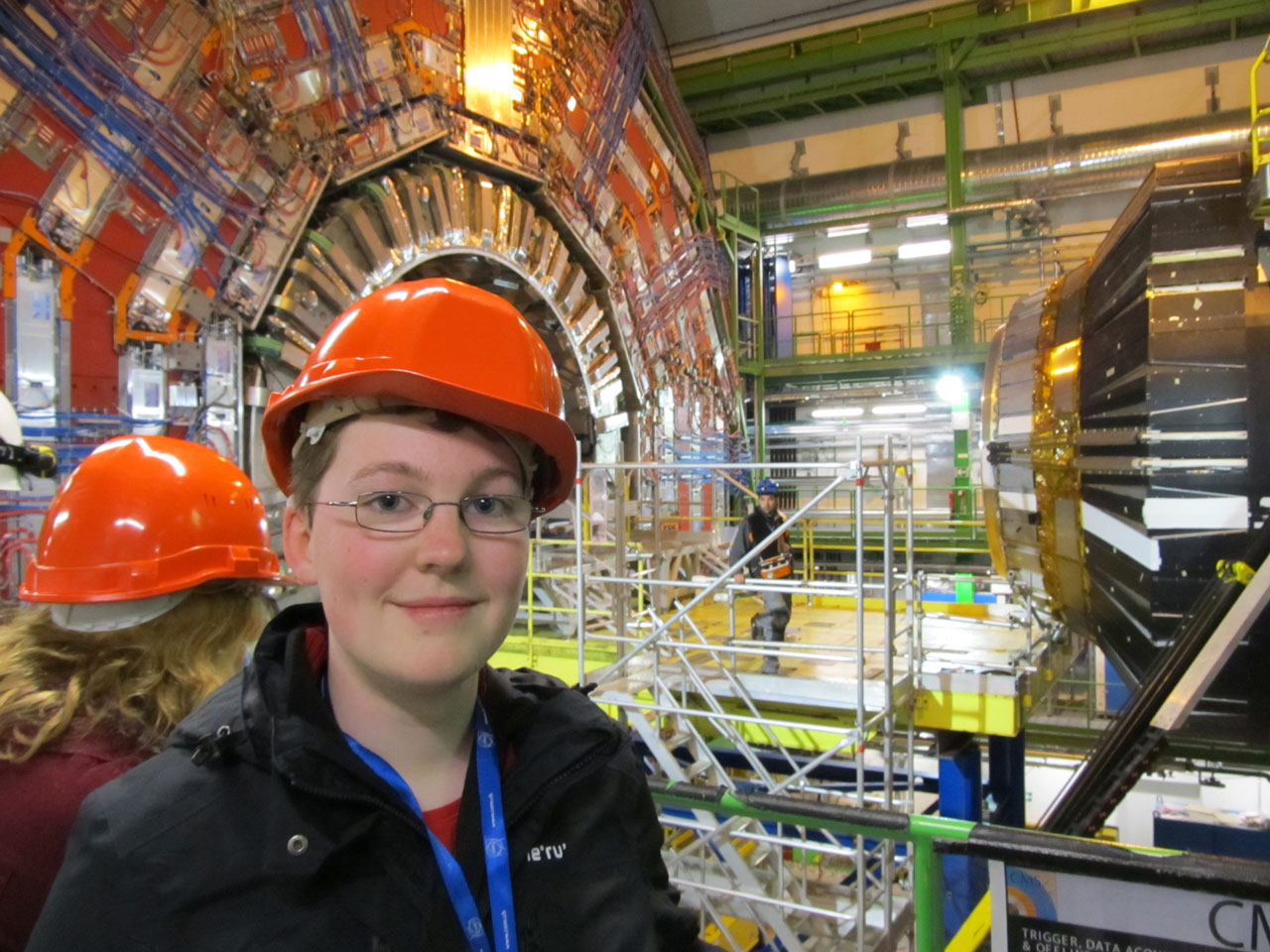
Katharina Doll
NASA Citizen Scientist
University of Augsburg
Law and Business
University Research Assistant, University of Augsburg, Germany
Back in 2007, I got involved in classifying for Galaxy Zoo, which would later become the Zooniverse, and tried out several projects under the Zooniverse umbrella. It provided me with an option to learn more about astronomy (which my classmates and teachers considered a rather "exotic" hobby) and also to use my English skills beyond the classroom.
I discovered Disk Detective shortly after its launch and responded to the first call to submit objects for follow-up observing. The science team's interaction on the site's blog and discussion forum helped me to understand the scientific background of the front-end classifications. PI Marc Kuchner mentioned on the discussion forum that the science team had created an advanced user group. The science team helped me level up in quite a few ways. I could never have imagined the many ways in which my childhood interest in astronomy, combined with a casual involvement with what would become the Zooniverse, would provide a balance to my main course of study.
Disk Detective and Backyard Worlds: Planet 9, but there are some other Zooniverse projects I like, too. (Unfortunately, my time is a bit limited.) There are many reasons: the subjects and the possibility of working on groundbreaking research, the way the science team members interact with the citizen scientists, and the community I have found among other citizen scientists, which involves learning from and with like-minded people. It's a nice atmosphere.
I am a research assistant at the University of Augsburg [Germany], working on a legal history project on insurance law. I had studied law for the state examination and completed the two-year mandatory practical legal training (concluding with the second state examination), although I am currently not admitted to the bar. I have also worked on German constitutional and administrative law.
I have learned a lot about working with astronomy data — vetting objects for follow-up observing after classification, reading papers, examining follow-up telescope data with specialist software (SAO DS9) to look for artifacts, etc. I am currently working to deepen my (still very basic) Python programming skills. I have also learned a lot about working with people from all over the world.
Probably in elementary school, when I visited the local amateur observatory with my parents during summer break. My parents always encouraged my curiosity about how and why things work, without forcing anything.
Just get started, be curious, don't be afraid to ask questions. People are friendly, and often the seemingly "dumb" questions you're afraid to ask are the most interesting ones.
My interest in astronomy and involvement with the Zooniverse secured me a spot on a student excursion to CERN in Geneva. We got to tour the facilities and even see the CMS detector open for maintenance. Space and astronomy are also great topics to talk about with people from other fields — I couldn't have imagined the deep conversations about astronomy I've had with some historians and lawyers!
